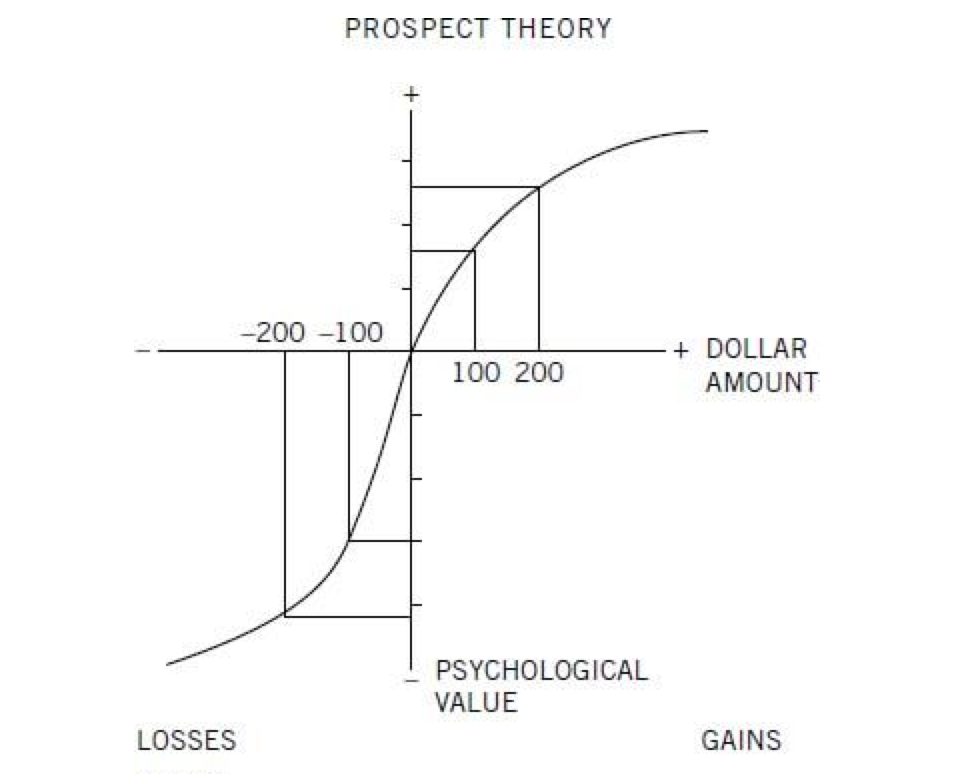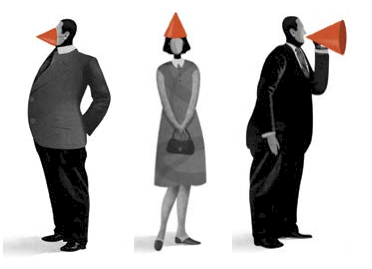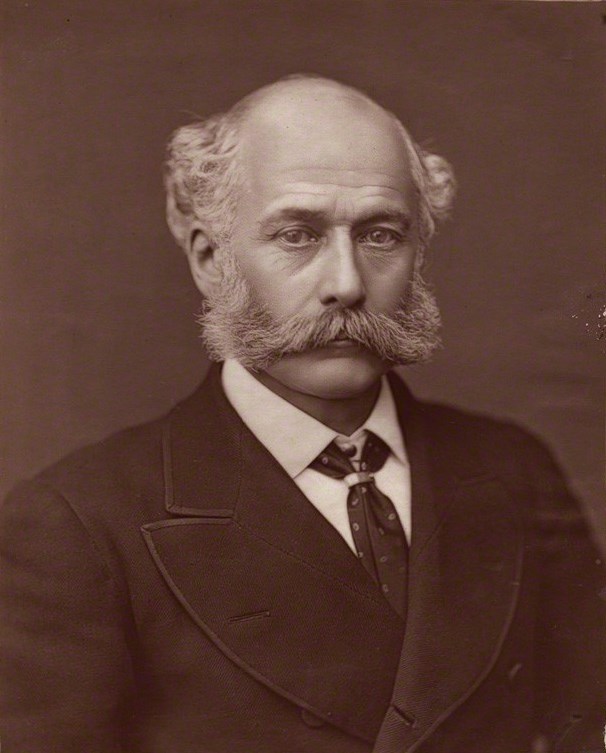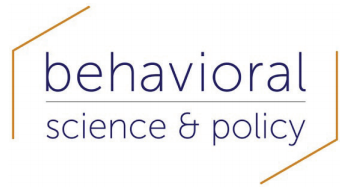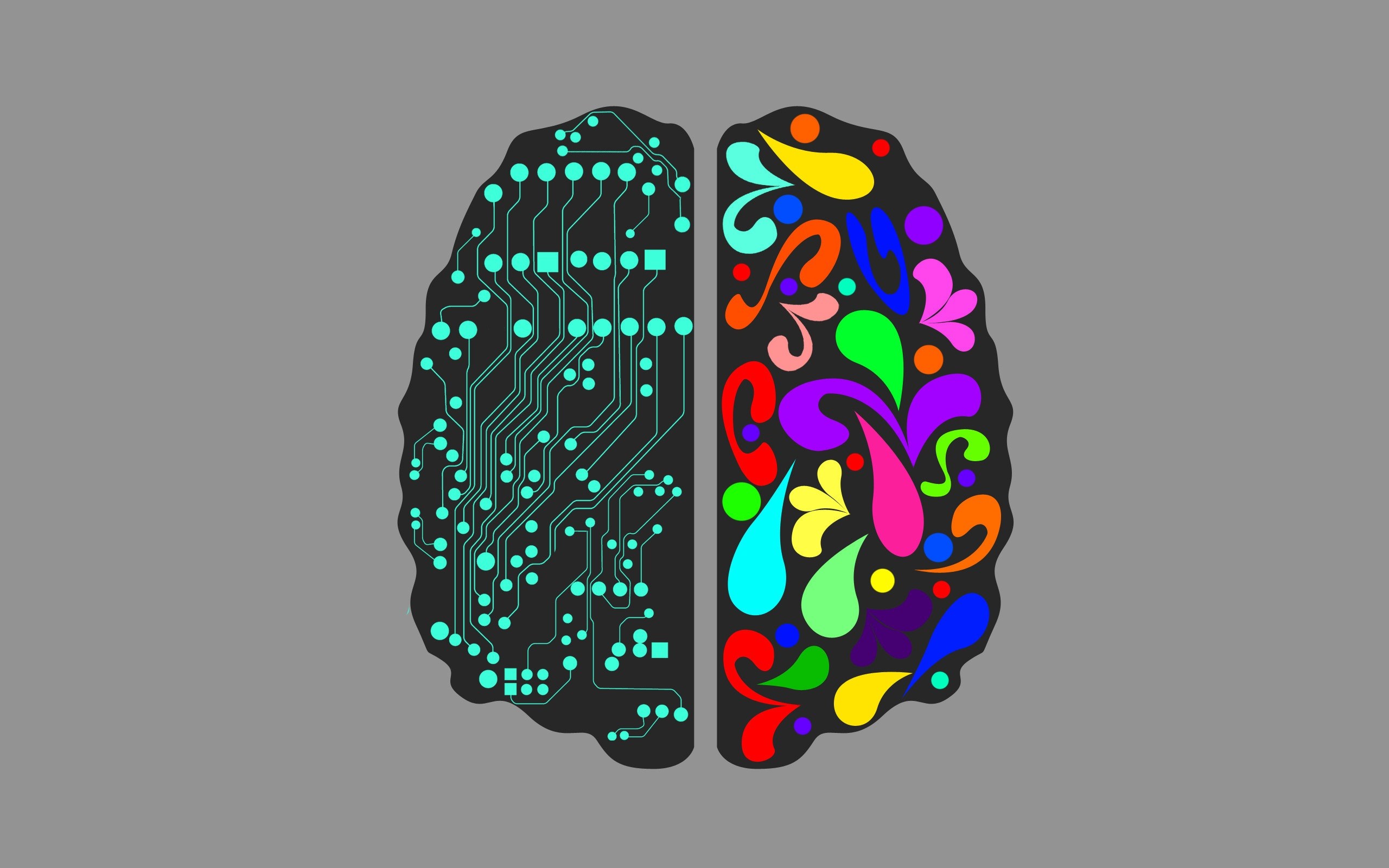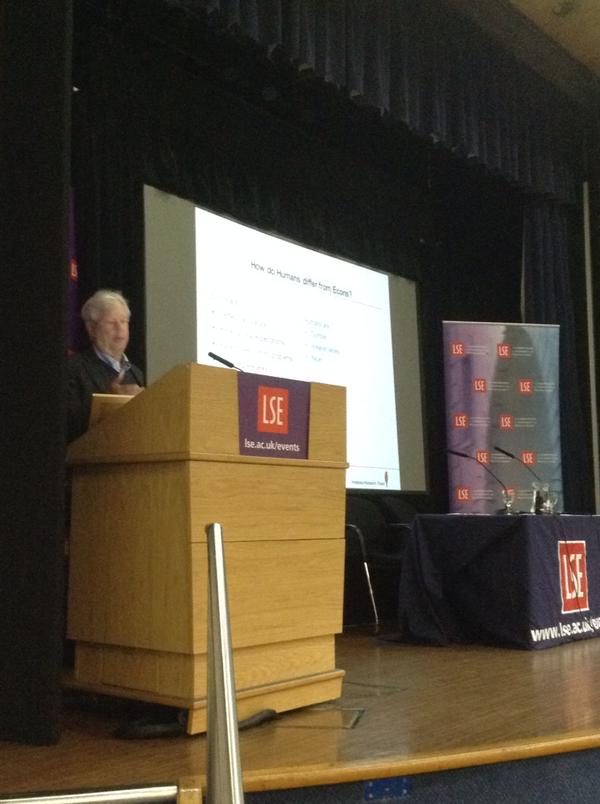Behavioral Economics and Healthcare: A Match Made in Heaven
By Benjamin Voyer Out of all the areas of public life that can benefit from the applications of behavioural economics (BE) principles, healthcare is probably the one where it can make the biggest societal contribution. There are two main reasons why the healthcare industry should welcome (more!) BE insights. The first reason is that many [...]




